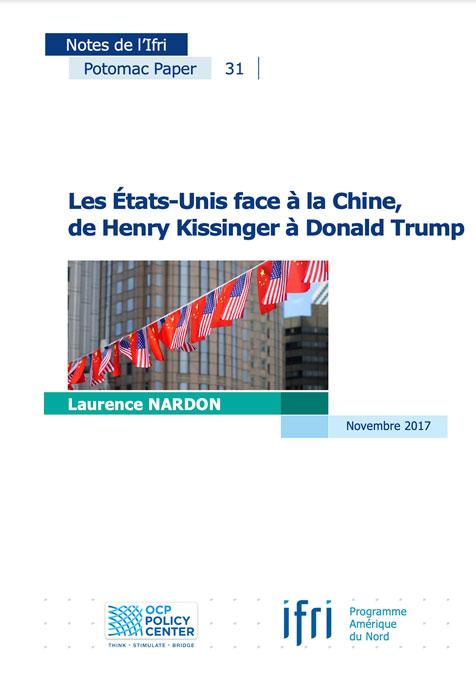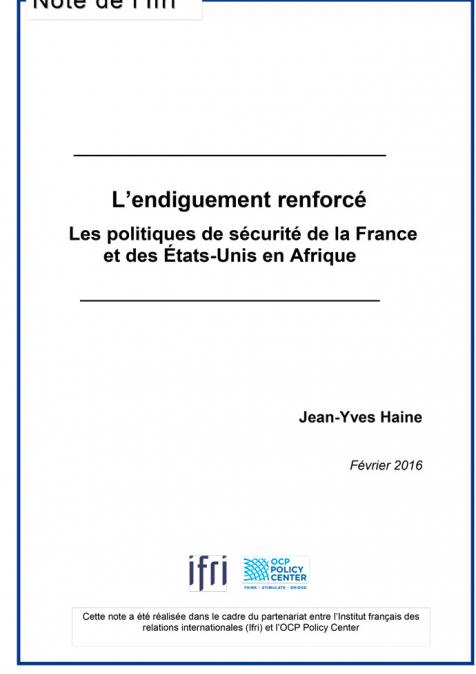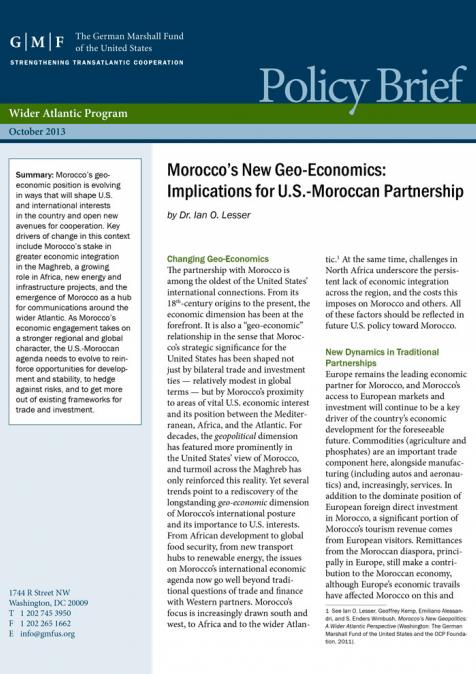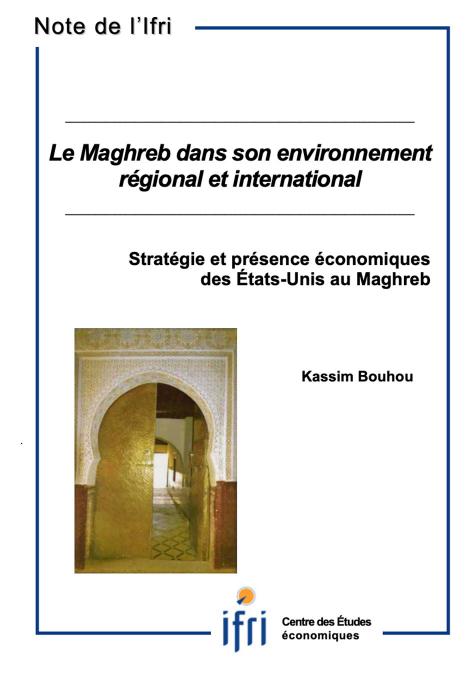Publications /
Opinion
Donald Trump, a golf addict with a self-declared handicap of 3, is not noted for any chess enthusiasm, although the game is a simulation of a battle, and filled with military terminology such as double attack, demolition, breakthrough, decoying, interception, blockade, and x-ray attack among others. The historic game is intellectual, structured, and logic. The object is to maneuver the antagonist’s king into a position from which escape is impossible. The two contenders - at times - sit for hours, in front of their chessboard, staring, wordless, on their pieces, 16 at all.
“The object is to crush the opponents mind,” Fisher, an eccentric, who died in 2008, also stated, involved in a historic showdown (1972) with the Soviet champion Boris Spassky in Reykjavik, Iceland. It was not real a game of chess. The confrontation of the Soviet champion and the American challenger was promoted as if it was an intellectual third world war, the “chess pieces standing in for tactical nuclear weapons,” reported London’s Guardian. If that sounds ridiculous it is worth noting that when Fisher threatened not to show up, the phone call that persuaded him to face the challenge came from Henry Kissinger, the then National Security Adviser of Richard Nixon, one of Trump’s predecessors. A different kind of ego problem—the cold war.
Supremacy on the chessboard was a demonstration of the superiority of the socialist system over the western capitalist one. These days, chess is in the news again, hype created not by grand masters, trying to outmaneuver the opponent with pawns, bishops, knights, kings, queens, but political opponents, two head of states, who certainly do not have the intellectual ability of an Albert Einstein, or Napoleon, both passionate chess players -- Donald Trump and North Korea’s Kim Jong Un. Their rendezvous in Singapore will be historic, an unexpected summit, surrounded by hype, electoral calculations and historical ramifications. Two bold and brash characters ready to trace a path of history, towards peace or war. The first ever meeting of an American President with a ruler of communist North Korea, one of the world’s worst abusers of human rights.
“By agreeing to a summit,” stated the liberal New Yorker, “Trump has been offering the biggest reward up front -- he was basically offering legitimacy to a ruthless Communist regime and, potentially, providing the aid that would allow it to survive.”
Not only has Mr. Kim -- who was belittled in the past as a porky princeling with a bizarrely square coiffure, and who killed his way to the top by ordering the assassinations of a powerful uncle and a half-brother (among others) -- been able to transform his image in no time, so much that US author Robin Wright conceded that “there now is a sense that Kim will more than match wits with President Trump,” but even Seoul has been abuzz with speculation that Kim‘s youth and years at a Swiss middle school have molded him into a modernizer with a pragmatic streak. Overnight, he has become a “global player.” In fact, this year, Mr. Kim, who did not leave his country in the first six years after assuming power, was received twice by Chinese president Xi Jingping in Beijing. He was also visited by Russia’s Foreign Secretary in Pyongyang.
Mike Pompeo, the CIA boss, negotiated with Mr. Kim secretly in his capital Pyongyang, which Trump commented on Twitter “meeting went very smoothly and a good relationship was formed,” and Pompeo then returned for a second visit after he was promoted to be boss of the State Department.
Kim Jong Un’s gone “from pariahs to statesman,” as claimed by Lee Sung Yoon, professor of Korea studies at Tufts University, “from madman to gracious, to well-prepared leader, who knows his briefs.”
Chess, scream newspaper columnists, extremist followers of the US President are praying for their man to crash his opponents mind, at least his ego, just as the often mentally confused chess genius Fisher enjoyed. Some writers use terms of gambling casinos, of which Trump was once an owner, talking about “high stakes” or “winner takes all.” The New Yorker judged Trumps rendezvous in Singapore as the “most daring diplomatic gambit.” The meeting was hastily arranged, without long preparations by lower level delegations because Trump had accepted without much thought a Kim suggestion for a summit, as the former TV reality show star knows when he has an opportunity to strengthen his image, the message of the globally successful President. In other words, the Singapore summit represented promotion for his own reality show, headquartered in the White House. Trump explained his, brief, cancellation of the June 12 rendezvous “based on the tremendous anger and open hostility” by the Kim regime.
“President Trump attempted a revolutionary approach to North Korea — a gamble that negotiating prowess and deal-making charm in a face-to-face meeting with Kim Jong-un could accomplish what no American president or diplomat had dared to attempt in the 65 years since an uneasy armistice settled over the Korean Peninsula,” stated David E. Sanger in his New York Times article on its front page. “It was a bold and innovative approach,” praised the Trump-critical paper, and it almost backfired with the Trump cancellation. The US President obviously underestimated Mr. Kim and approached him “as he were a competing property developer haggling over a prized asset” as a commentator wrote. Trump assumed that, in the end, Mr. Kim would give it all up for the promise of future prosperity.
Trump started with threats of “fire and fury,” the annihilation of the communist nation, then to “gratuitous flattery of one of the world’s most brutal dictators.”
“He will be safe,” Trump promised, the dictator “will be happy, his country will be rich.”
Two days after his change of mind, a correction came up: The summit shall proceed.
Trump’s negotiation team was on the way to Singapore. Chess or faulty preparations? The major question remains to this day: is the regime in North Korea really willing to accept “complete, verifiable, irreversible, nuclear denuclearization,” as Trump and his advisors insisted as base for any negotiation? Or is the President willing to accept a compromise, an initial discussion about denuclearization without entering into detailed discussions immediately?
China is suggesting, publicly, a structured, progressive, reduction of the North Korean nuclear arsenal, a position that seemingly reflects the thoughts of the North Korea regime. Gradual reduction of weapons in exchange for the lifting of sanctions. Why should Mr. Kim trust the promises made by Washington, which threatened him a few months ago with the destruction of his nation?
Isn’t the National Security Adviser the former ambassador, who had written an essay, prior to his appointment at the White House, on why North Korea should be disarmed through warfare- “the legal case for striking North Korea first.” Is it at all feasible that the communist regime will volunteer details on thousands of tunnels and other underground locations of weapons, as for example an estimated 5,000 tons of chemical weapons? Would Mr. Kim offer Washington details on the whereabouts of his estimated 20 nuclear and hydrogen bombs and the intercontinental, ballistic missiles, without the lifting of economic sanctions and guaranteed economic aid? Will Mr. Kim sacrifice his uranium enrichment and plutonium reprocessing capabilities? Would the US be willing to discuss the reduction of its forces in South Korea, at this time an estimated 30,000 GIs?
Chung Yung- woo, a former national security adviser and chief negotiator with North Korea, is convinced that the dictator is:
“playing a high risk, high return survival game. He is far more sophisticated than his grandfather Kim Il Sung, who led North Korea from the time it was established in 1948 until he died in 1994. He is far more strategic, not swayed by emotions. That’s why he wins every time he plays games with the outside world. So far, he has never lost a bet.”
Will he meet with Trump, who tried to belittle Kim Jong Un by calling him “Little rocket man,” a sophisticated negotiator? Has the President the patience or policy sophistication to broker one of the most complex arms deals, with one of the quirkiest US adversaries in modern history? The US goals are daunting-formerly ending the Korean War, ridding the regime of nuclear weapons and missiles capable of hitting the US -and ultimately changing the strategic balance of power in East Asia.
Foreign policy experts in Washington follow, with growing attention and concern, that Trump seems willing to accept a summit without fundamental results, trying to sell a broad statement of principles, which will be worked out in detailed sessions by experts as time goes on, if necessary over five, ten years? A nuclear treaty similar to the one Europeans and Americans signed with Tehran, the one that Trump declared as the worse treaty signed in decades and dumped into a garbage can of history just a few weeks ago? The President, so it seems, feels under pressure at home, since he is facing crucial congressional elections in November—Donald Trump needs to sell his summit as an unqualified success, a goal Mr. Kim is trying to reach as well. In fact, the UN Security Council banned the main North Korean exports, namely coal, seafood, textiles, iron and others. If enforced fully the sanctions could eliminate 90 percent of the country’s total export.
No matter how painful sanctions may be, analysts confirm, Mr. Kim would be unwilling to give up his nuclear weapons unless an accord left him completely safe without them.
US foreign policy experts are convinced that the security of his family run regime seems a “nonnegotiable priority” (NY Times). The ruler though has to be able to solve one major problem: He can “never deliver the kind of rapid economic growth he has promised his people as long sanctions are in place” (Choe Sang-Hun, NY Times, 2018). If Mr. Kim is reluctant to accept American pressure to disarm quickly, how will Mr. Trump redefine the result of his negotiations?” The summit “will be a success, because Trump will package, sell and call it a success to his supporters,” Duyeon Kim, a visiting senior fellow at the Korean Peninsula Future Forum in Seoul, believes, “it unfortunately won’t matter what the experts think.”
However, a disastrous outcome, a fundamental disagreement emerging through the talks, or a walk out of one or the other, could damage Trump’s presidency even further and move the opponents towards a nuclear, at least, conventional confrontation. Donald Trump will try to avoid that path: “he will appear after the summit’s end,” predicts Suzanne di Maggio, a director and senior fellow at the New America research group, who has been involved in unofficial talks with North Korea, and will say where is my peace prize?” He really just wants to emerge from the summit as saying, “I got them to do what no other President could, and I think then he probably will lose interest”- which the expert considers a positive move.
Since Trump’s book The Art Of The Deal made it in 1987 to the top of the New York Times bestseller list (48 weeks in a row), the former real estate developer believes that he is an exceptional negotiator. His system is predictable and fine-tuned in his real estate dealings-make maximalist demands, inflict pain, and then begin negotiations.
In chess, the opponents forced to combine strategy with logic, can see on the board all there is to know about the opponent’s disposition. Trump has no idea about Kim Jong-Un’s intellectual baggage, if at all, his ever-shifting positions or dubious scheming. Trump himself “loves the chaos and the bluster,” confirms Richard Burt, former State Department official and ambassador to West Germany, “and to mouth off and get people off balance. He wants to destabilize them, get them out of their comfort zone, then try to dictate the terms. By doing that, he believes he can get the upper hand. It’s the triumph of technique over substance.”
Trump, so it seems, sees a chance in Singapore, to solidify his Presidency through a deal, almost any deal, with the communist regime. However, weeks ago, he notified his voters: “If the meeting is not fruitful I will respectfully leave.”
Senator Richard Blumenthal, a Democrat of Connecticut considers diplomacy “always as a positive step, but high risk talks between President Trump and Kim Jong-Un should be met with skepticism. We can’t afford another Presidential reality show.”
Genial thinkers are needed at the conference table in Singapore, chess strategists, who understand the historic lines of battle for the future of our globe.
Trump and Mr. Kim only try to survive in their jobs…






